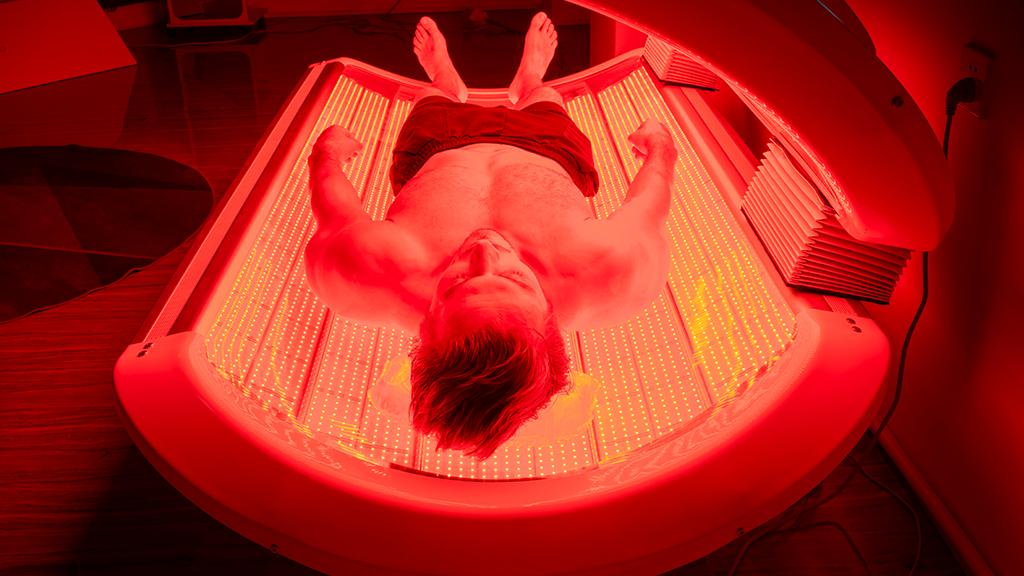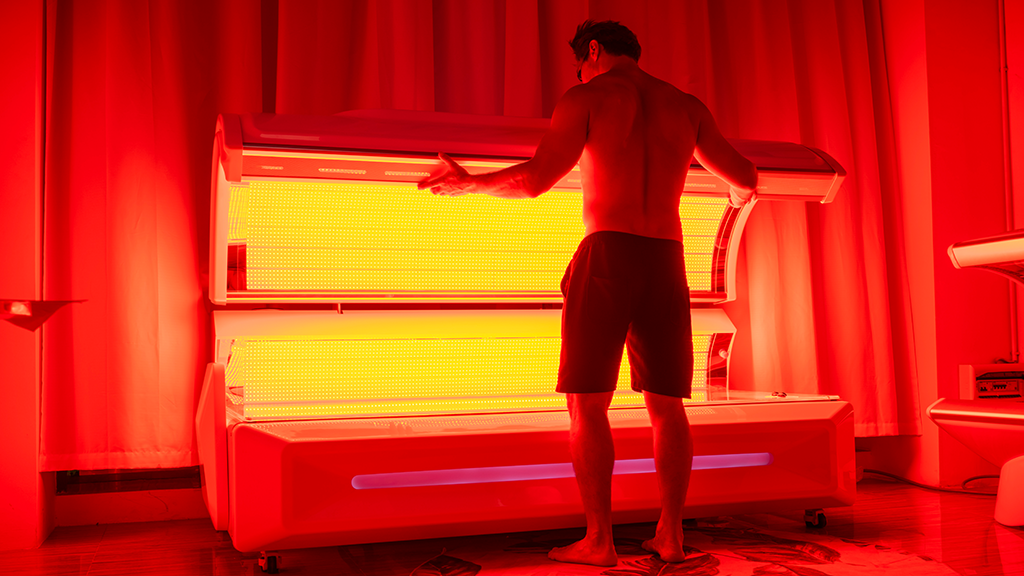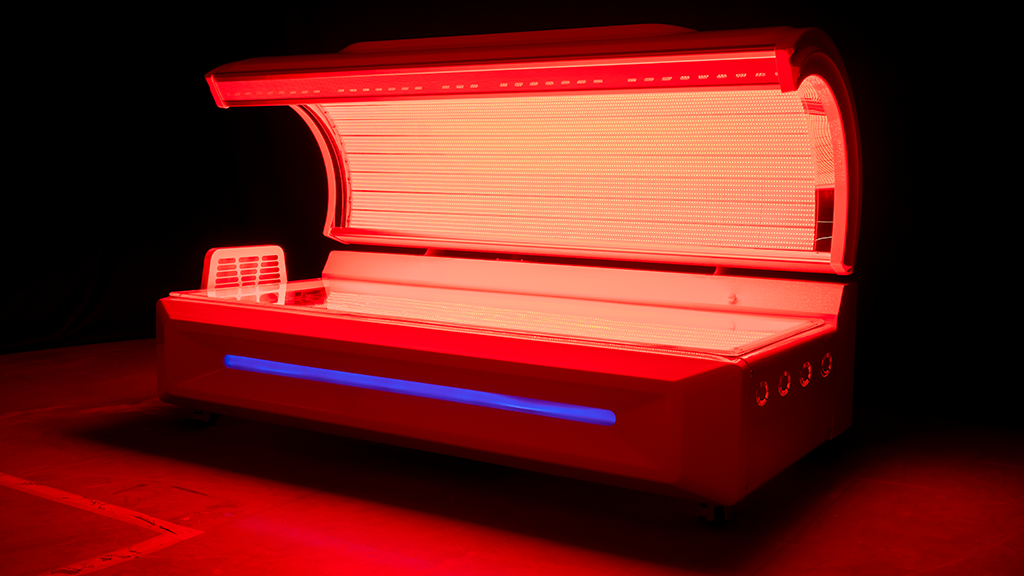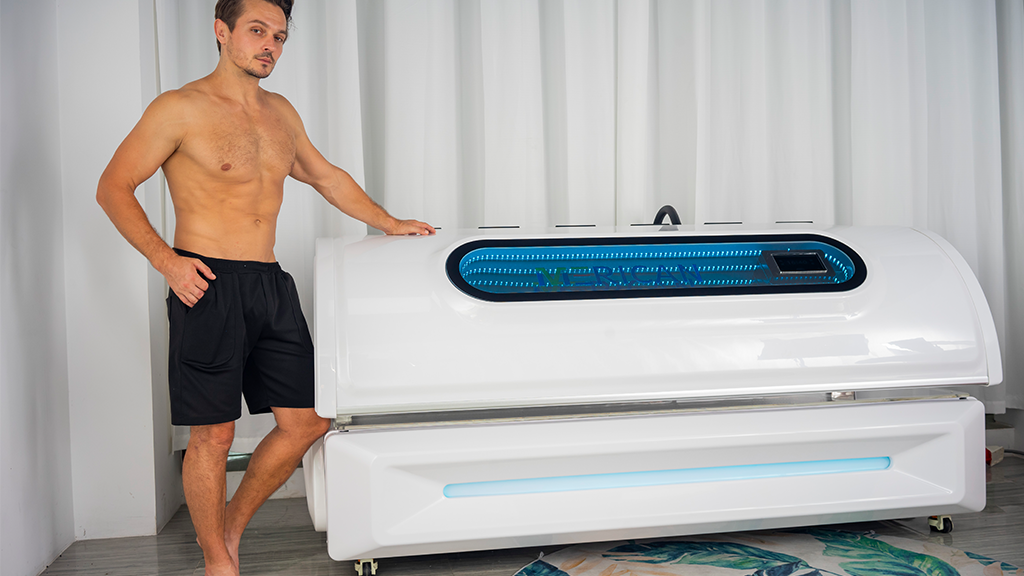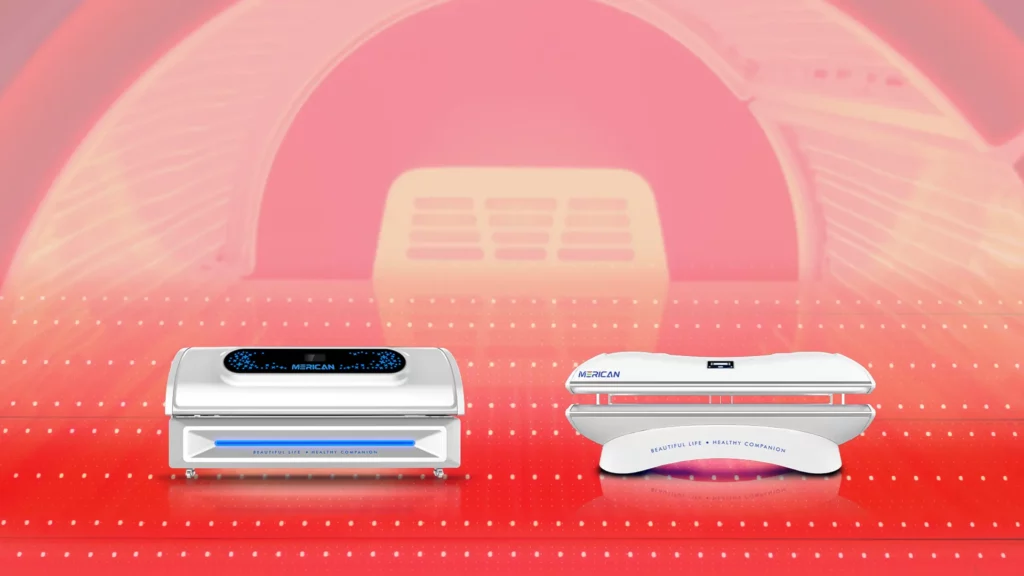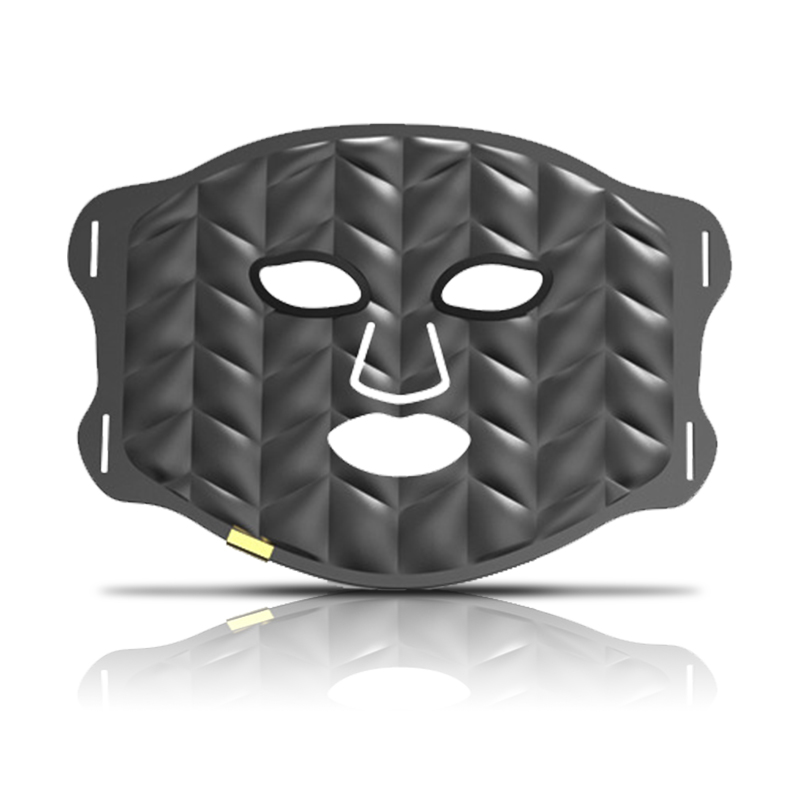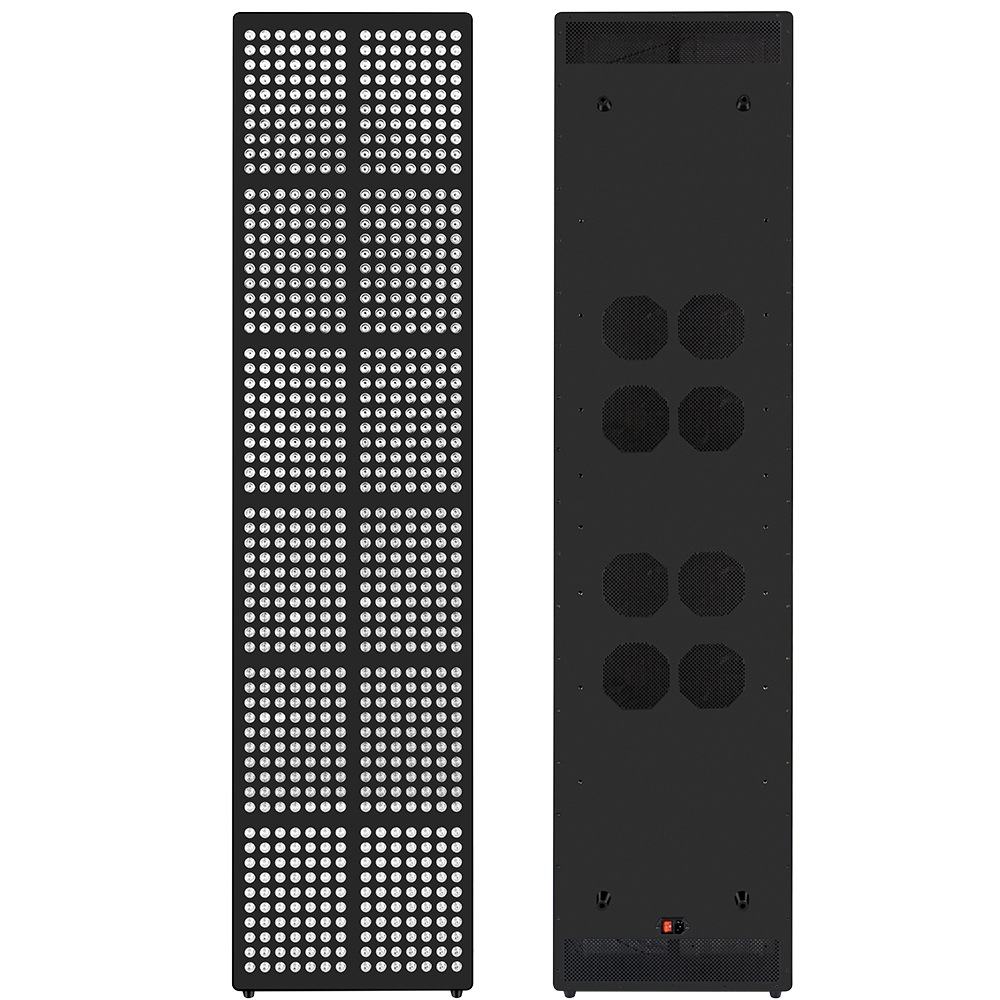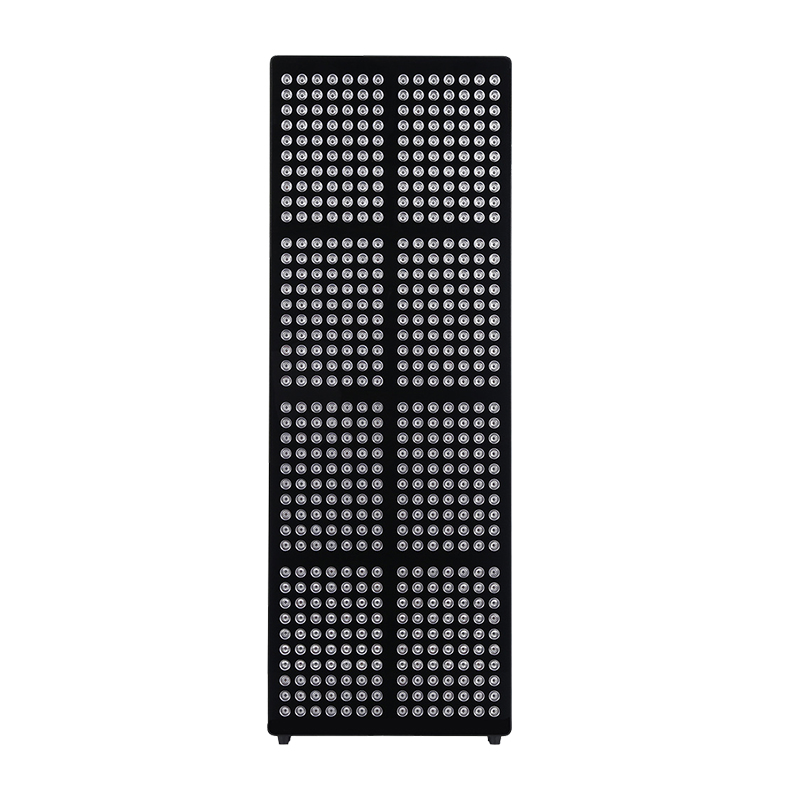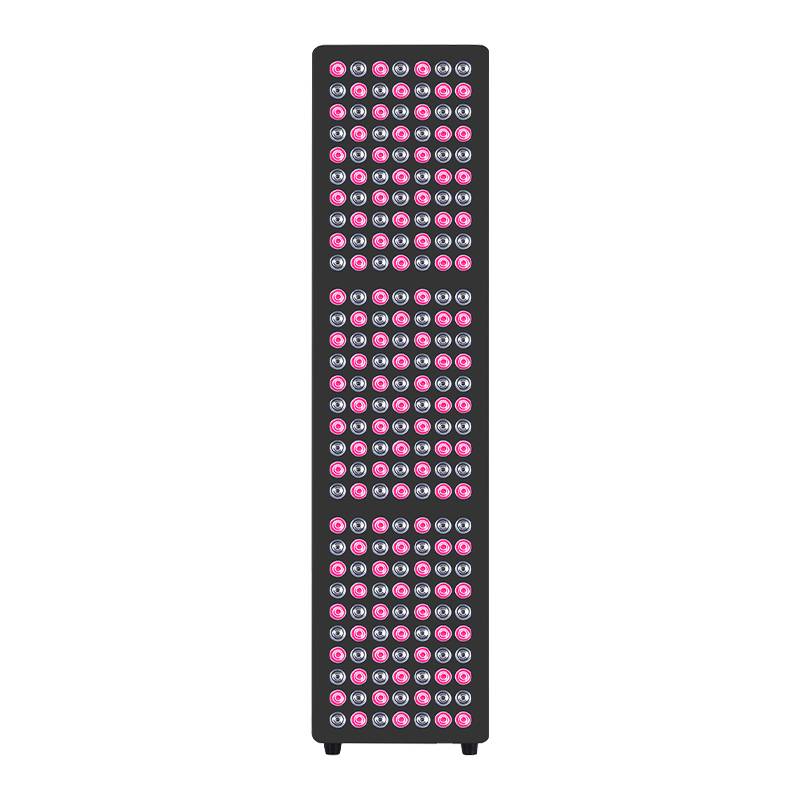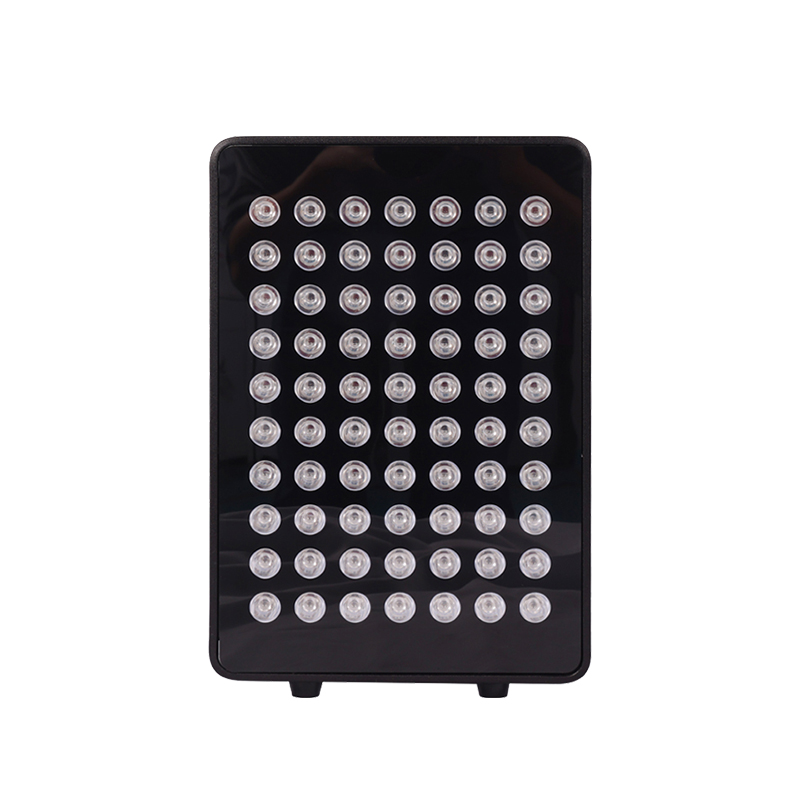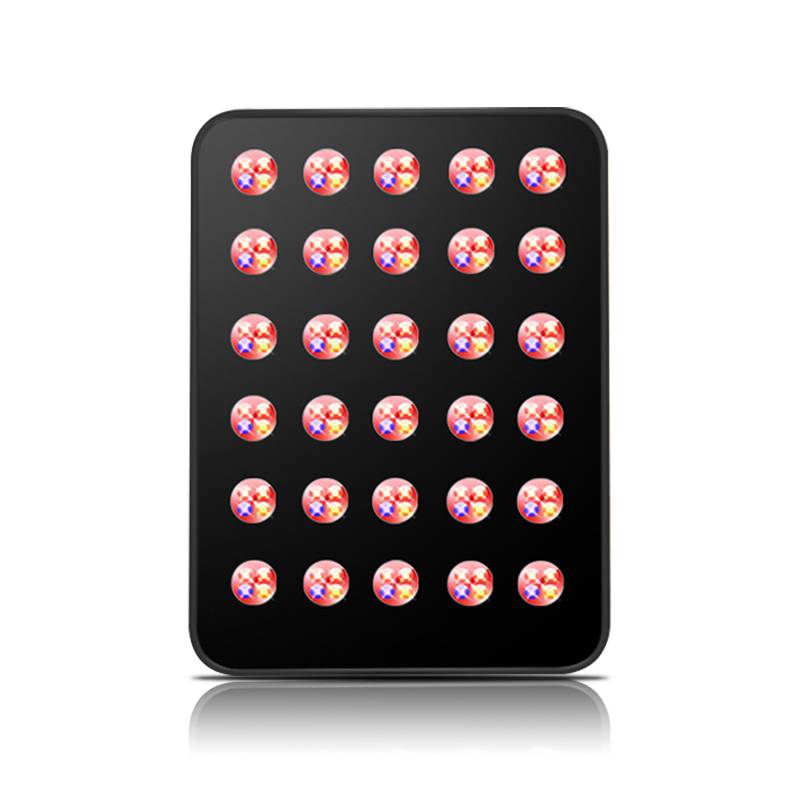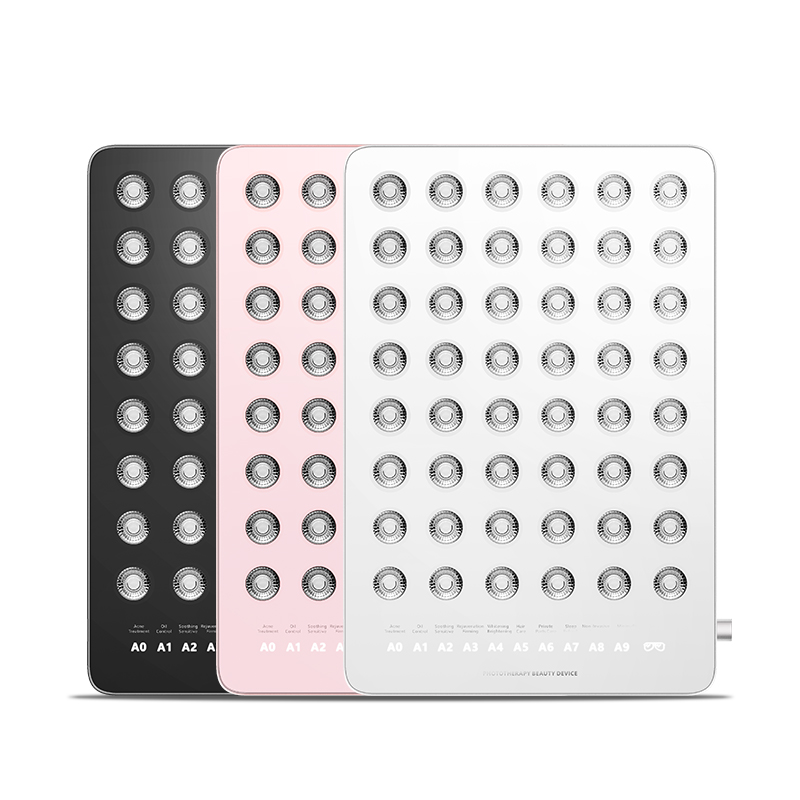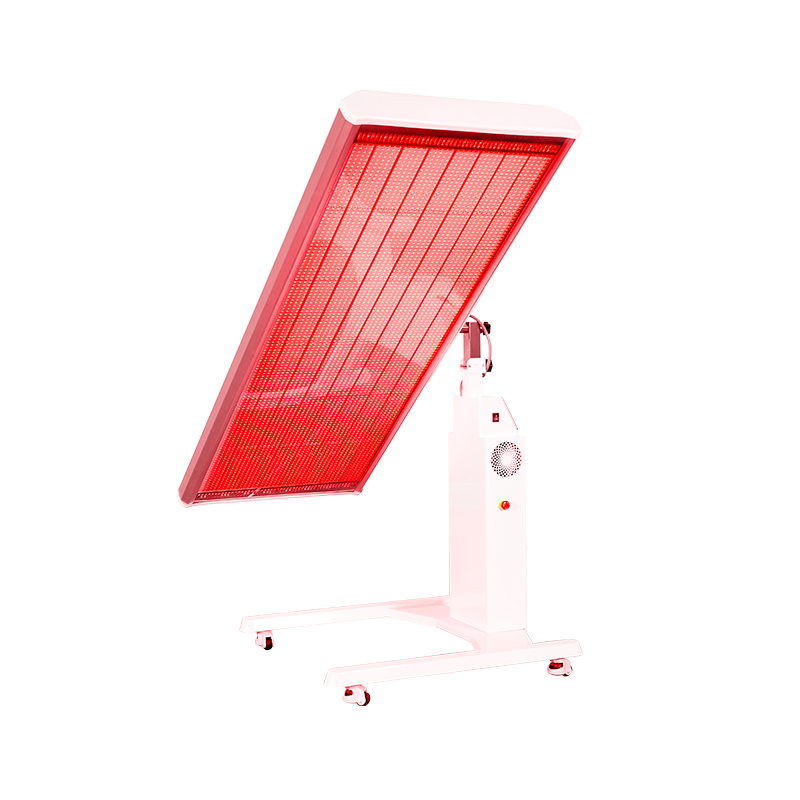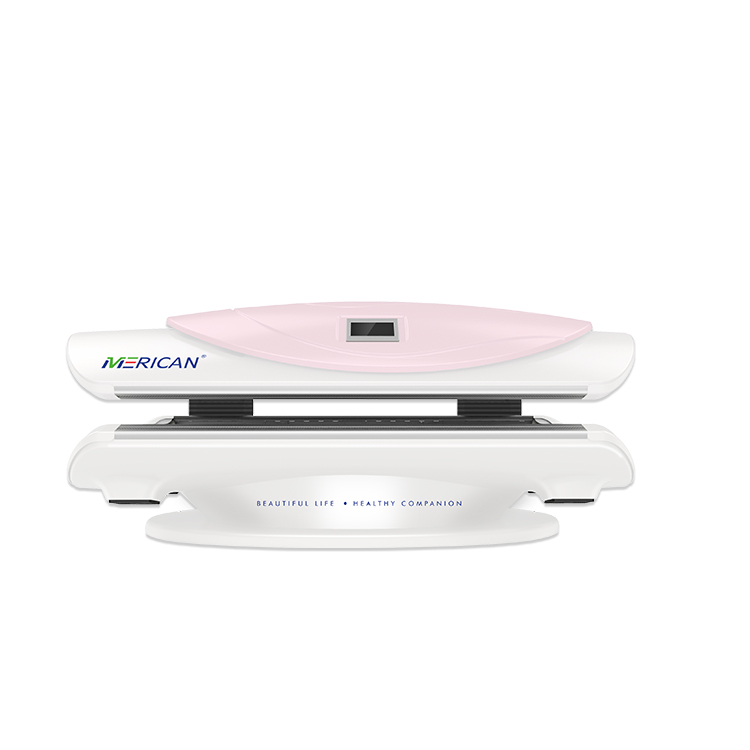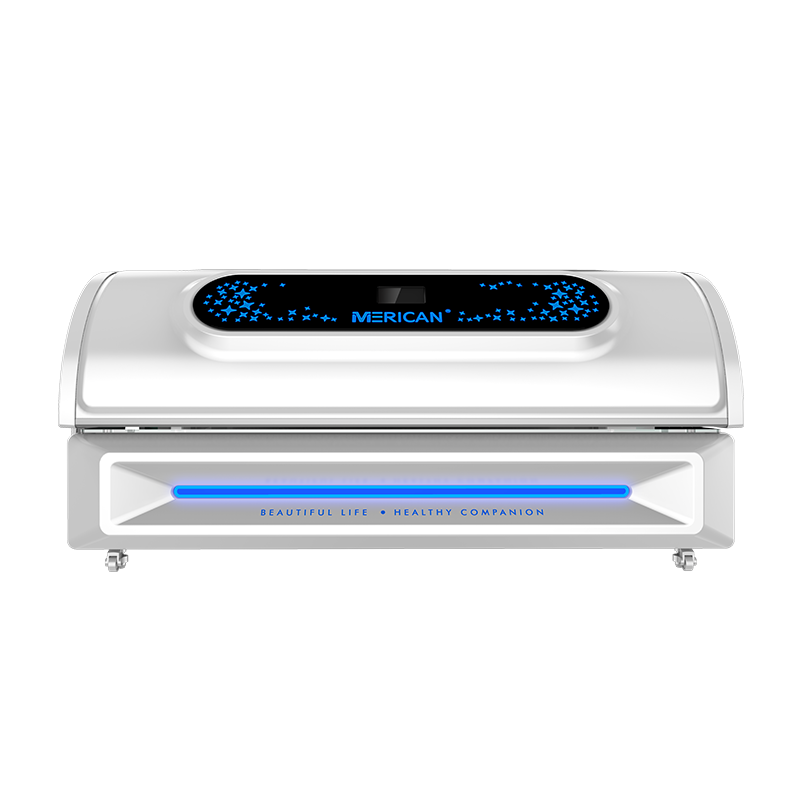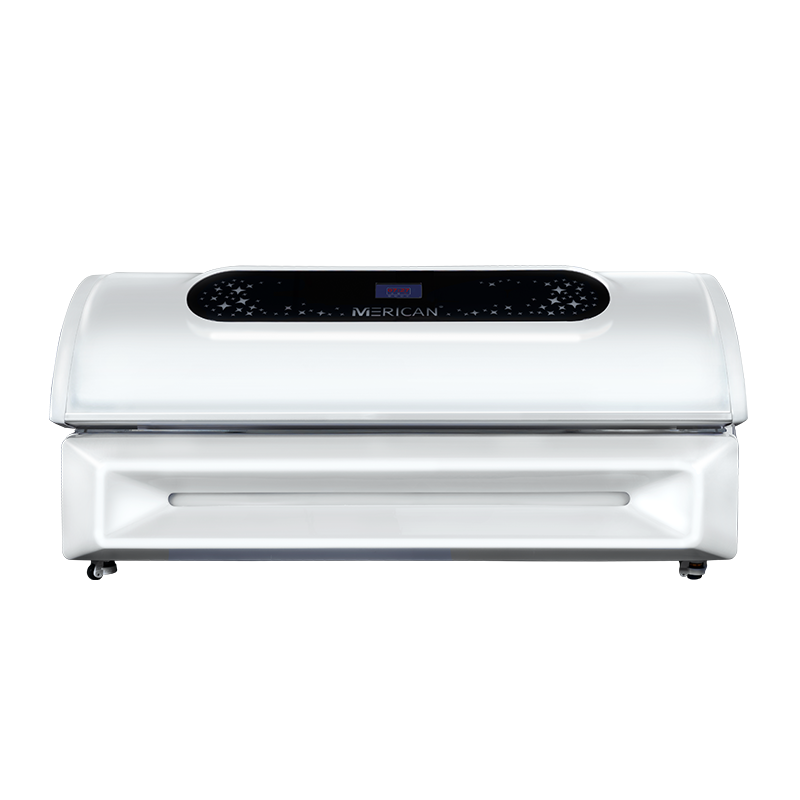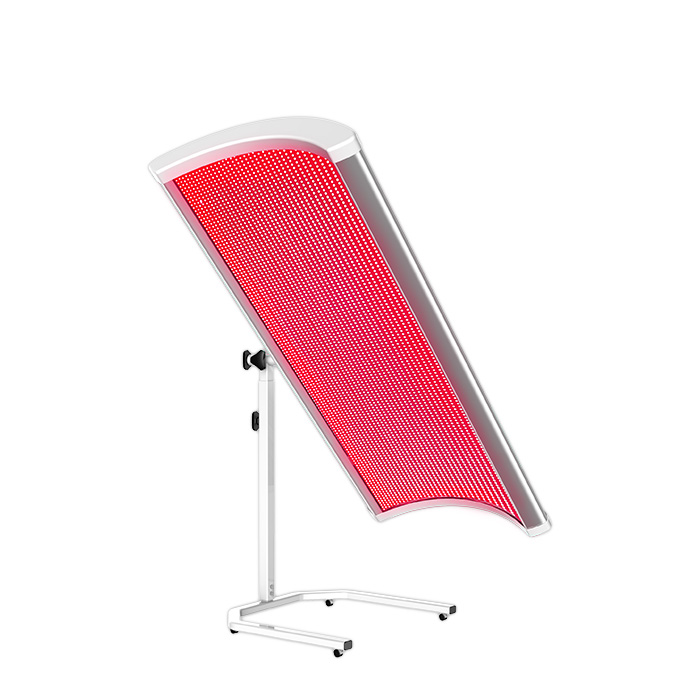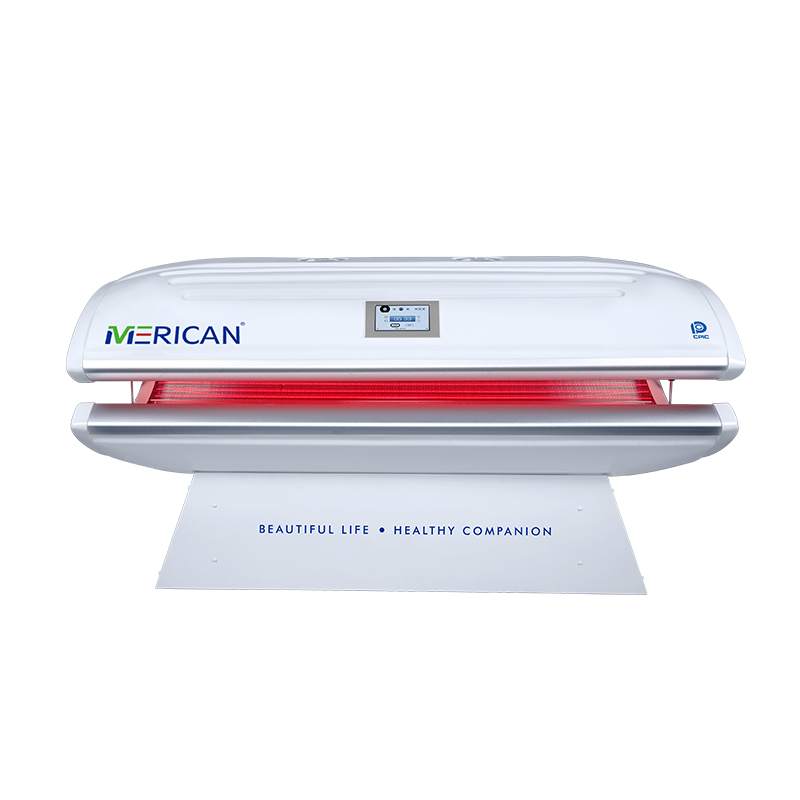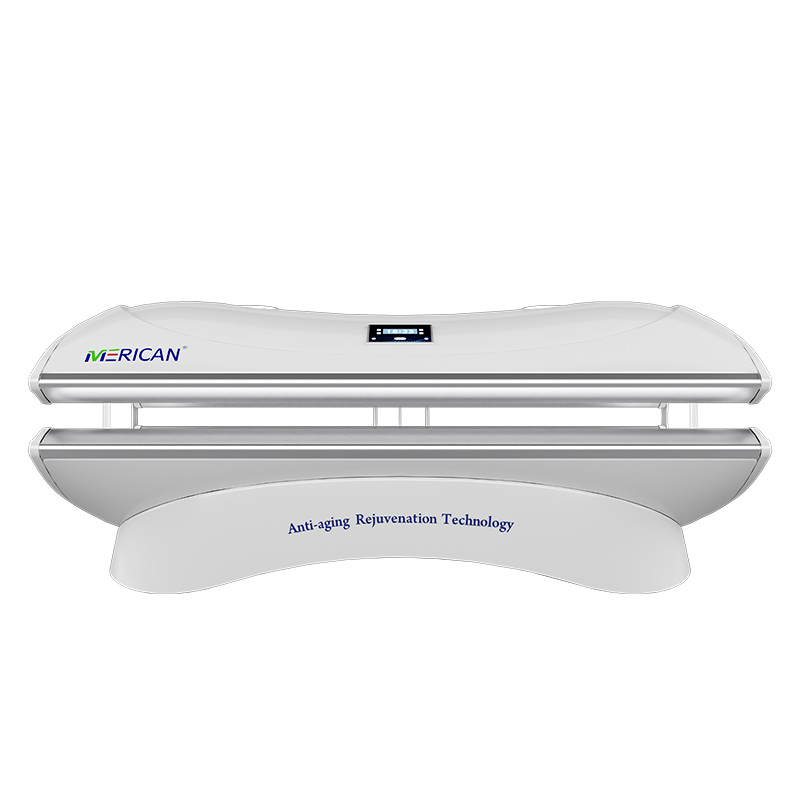Crampi mestruali, dolore in piedi, seduto e sdraiato ……. Rende difficile dormire o mangiare, lanciarsi e girarsi, ed è un dolore indicibile per molte donne.
Secondo i dati rilevanti, Di 80% delle donne soffre di vari gradi di dismenorrea o di altre sindromi mestruali, compromettendo seriamente anche il normale studio, lavoro e vita. Allora cosa puoi fare per alleviare i sintomi dei crampi mestruali??
Dismenorrea fortemente associata ai livelli di prostaglandine
Dismenorrea, che si divide in due categorie principali: dismenorrea primaria e dismenorrea secondaria.
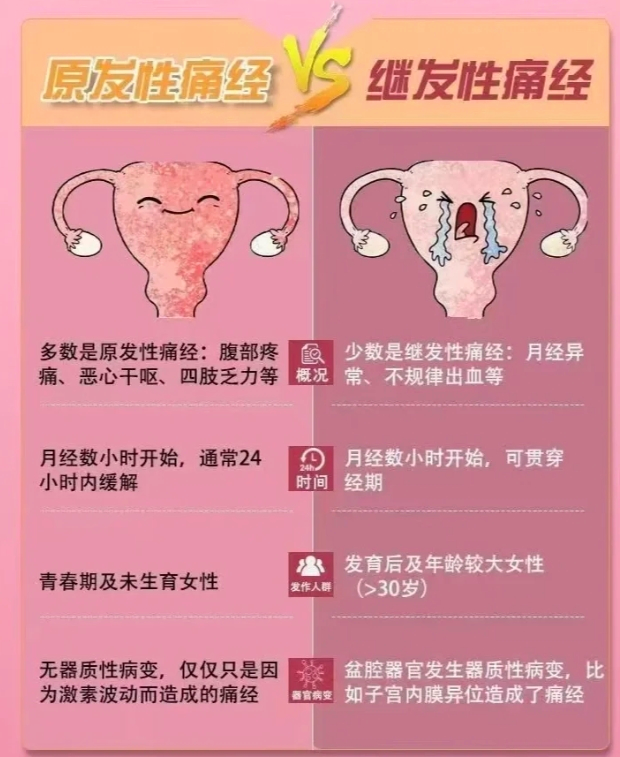
La maggior parte della dismenorrea clinica è dismenorrea primaria, la cui patogenesi non è stata chiarita, Ma alcuni studi hanno confermato che la dismenorrea primaria può essere strettamente correlata ai livelli di prostaglandine endometriali.
Le prostaglandine non sono esclusive degli uomini, ma sono una classe di ormoni con una vasta gamma di attività fisiologiche e si trovano in diversi tessuti del corpo. Durante il periodo mestruale di una donna, le cellule endometriali rilasciano grandi quantità di prostaglandine, che promuovono le contrazioni della muscolatura liscia uterina e aiutano a espellere il sangue mestruale.
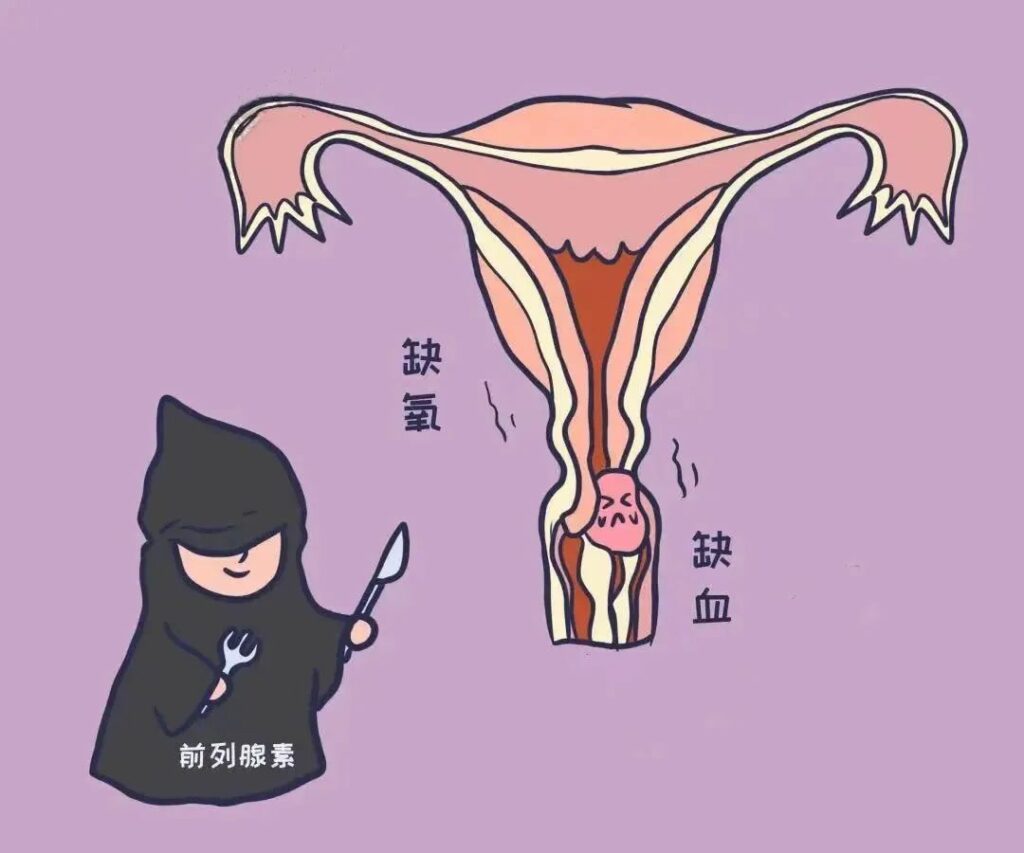
Una volta che la secrezione è troppo alta, un eccesso di prostaglandine causerà un'eccessiva contrazione della muscolatura liscia uterina, aumentando così la resistenza al flusso sanguigno nelle arterie uterine e riducendo significativamente il flusso sanguigno, con conseguente ischemia e ipossia del miometrio uterino e vasospasmo, che alla fine porta all'accumulo di metaboliti acidi nel miometrio e aumenta la sensibilità delle terminazioni nervose, provocando così crampi mestruali.
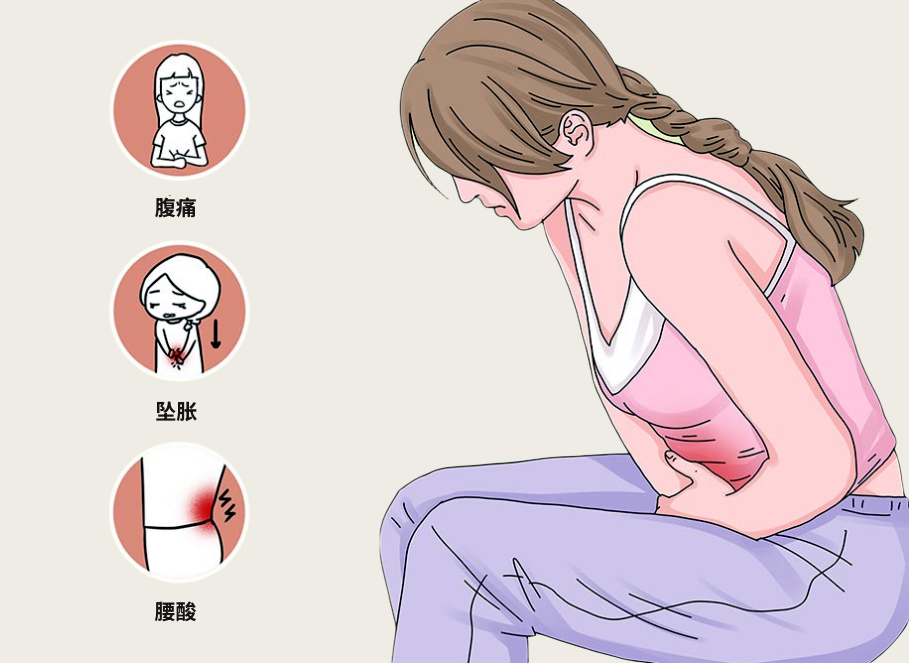
Inoltre, quando i metaboliti locali aumentano, un eccesso di prostaglandine può entrare nella circolazione sanguigna, stimolando le contrazioni dello stomaco e dell'intestino, causando diarrea, nausea, vomito, e provocando anche vertigini, fatica, sbiancamento, sudore freddo e altri sintomi.
Uno studio rileva che la luce rossa migliora i crampi mestruali
Oltre alle prostaglandine, la dismenorrea è influenzata anche da una varietà di fattori come il cattivo umore come la depressione e l'ansia, e bassa funzione immunitaria. Per alleviare la dismenorrea, farmaci più comunemente usati per migliorare, ma a causa dell'effetto barriera della pelle e delle proprietà fisiche e chimiche dei farmaci stessi, è difficile guarire completamente, e i farmaci hanno alcuni effetti collaterali. Perciò, terapia con luce rossa, che presenta i vantaggi di un intervallo di irradiazione più ampio, non invasivo e senza effetti collaterali, e penetrazione profonda nell'organismo, è stato sempre più utilizzato negli ultimi anni nel trattamento clinico della ginecologia e del sistema riproduttivo.

Inoltre, studi di base e clinici in vari campi hanno inoltre dimostrato che l'irradiazione del corpo con luce rossa può svolgere diversi ruoli biologici, significativamente arricchito nella risposta cellulare alla stimolazione, regolazione negativa del potenziale della membrana mitocondriale, la regolazione della proliferazione delle cellule muscolari lisce e altri processi biologici correlati, che riduce significativamente l'espressione del fattore proinfiammatorio interleuchina e della citochina prostaglandina che provoca dolore nei tessuti danneggiati, inibisce l'eccitabilità dei nervi e favorisce la dilatazione dei vasi sanguigni per accelerare la rimozione dei metaboliti che causano dolore e ridurre il vasospasmo, migliorando così i sintomi della dismenorrea femminile. Inoltre favorisce la vasodilatazione, accelera la rimozione dei metaboliti che causano dolore, riduce il vasospasmo, e ottiene un effetto antinfiammatorio, analgesico, effetti decongestionanti e riparatori, migliorando così i sintomi della dismenorrea nelle donne.
L'esperimento dimostra che l'esposizione quotidiana alla luce rossa può alleviare i crampi mestruali
Un gran numero di documenti di ricerca nazionali e internazionali hanno documentato che la luce rossa è più efficace nel trattamento delle malattie ginecologiche e del sistema riproduttivo. Sulla base di questo, MERACAN ha lanciato MERACAN Health Pod basato sulla ricerca sulla terapia con luce rossa, combinando una varietà di lunghezze d'onda specifiche della luce, che può stimolare la catena respiratoria delle cellule mitocondriali, promuovere la produzione di sostanze biologicamente attive nel muscolo, migliorare lo stato nutrizionale dei tessuti locali e regolare l’espressione dei fattori infiammatori correlati, inibire l'eccitazione nervosa e ridurre gli spasmi. Allo stesso tempo, favorisce la circolazione sanguigna, accelera l'eliminazione dei metaboliti e il processo di riparazione dei tessuti, e rafforza la regolazione del sistema immunitario, alleviando così efficacemente i sintomi della dismenorrea e prevenendo le malattie ginecologiche.
Per verificarne ulteriormente il reale effetto, Centro di ricerca sull'energia luminosa MERICAN, insieme alla squadra tedesca, e un certo numero di università, ricerca scientifica e istituzioni mediche, selezionato casualmente un numero di donne di età compresa tra 18-36 anni con fenomeno di dismenorrea più pronunciato, sotto la guida di uno stile di vita sano e di un'educazione fisiologica delle mestruazioni, e poi integrata con l'illuminazione della cabina sanitaria MERICAN per la terapia della luce per migliorare la situazione.
Dopo 3 mesi di irradiazione regolare della camera sanitaria di 30 minuti, i soggetti’ I punteggi del punteggio VAS dei sintomi principali erano tutti significativamente ridotti, e i crampi mestruali come il dolore addominale e la lombalgia sono stati significativamente migliorati, anche altri sintomi nel sonno, Umore, e anche la pelle è migliorata, senza effetti avversi o recidive.
Si può vedere che la luce rossa ha un effetto positivo sull’alleviamento dei sintomi della dismenorrea e sul miglioramento della sindrome mestruale. Vale la pena menzionarlo, al fine di migliorare i sintomi della dismenorrea, oltre all'illuminazione quotidiana di luce rossa, il mantenimento di uno stato d'animo positivo e di buone abitudini non dovrebbe essere ignorato, e se la dismenorrea persiste per tutto il periodo mestruale e peggiora progressivamente, si consiglia di consultare tempestivamente un medico.
Finalmente, Auguro a tutte le donne un ciclo mestruale sano e felice!

